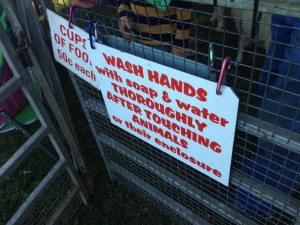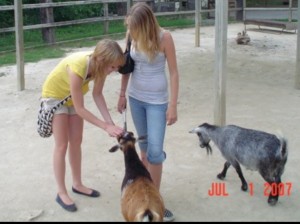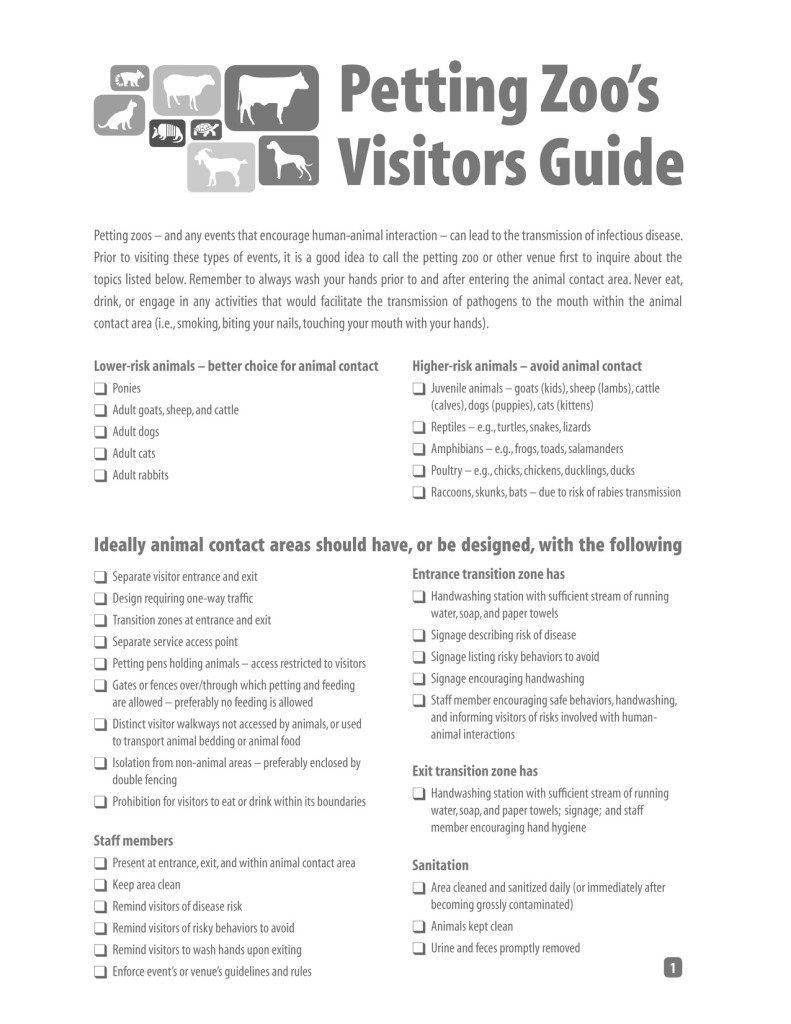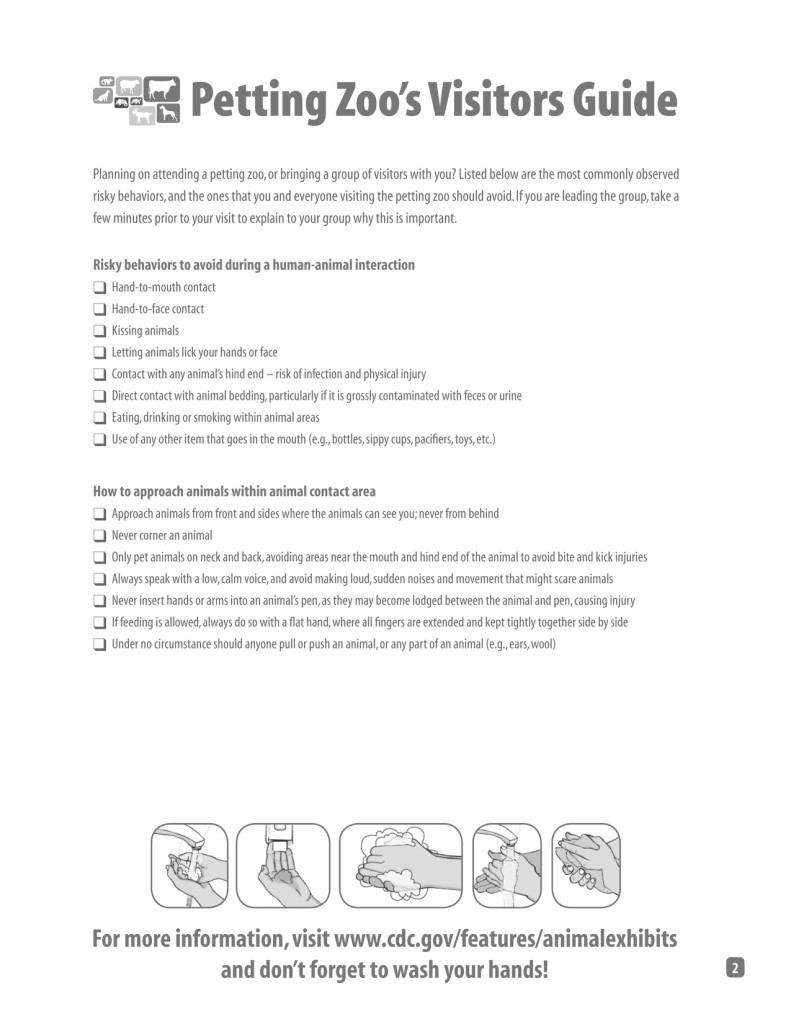The Bellingham Herald reports that about 1,325 Whatcom County first-grade students, plus the teachers and parents who accompanied them, from all school districts in Whatcom County went to the festival April 21-23 at the Northwest Washington Fair & Event Center in Lynden. The festival had been going on for 22 years by then.
It was organized by the Whatcom County Dairy Women.
A total of 60 people likely were sickened in the outbreak that was traced to the north end of the dairy barn where the event was held, according to a report issued by the Centers for Disease Control and Prevention in October.
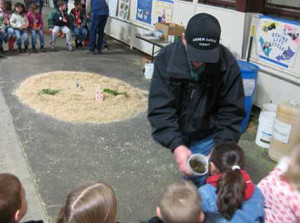 The decision to not hold the event this year was made sometime after Christmas, according to Kim Vlas, an officer with the Whatcom County Dairy Women.
The decision to not hold the event this year was made sometime after Christmas, according to Kim Vlas, an officer with the Whatcom County Dairy Women.
She declined to say whether the decision was made because of the E. coli cases, citing a pending lawsuit.
The lawsuit alleges the organizations failed to protect children from being infected by Shiga toxin-producing E. coli O157: H7, the strain that sickened them, because they didn’t follow established public health rules and guidelines, including from the National Association of State Public Heath Veterinarians and the CDC. Such measures are meant to reduce illness in people who come into contact with farm animals.

